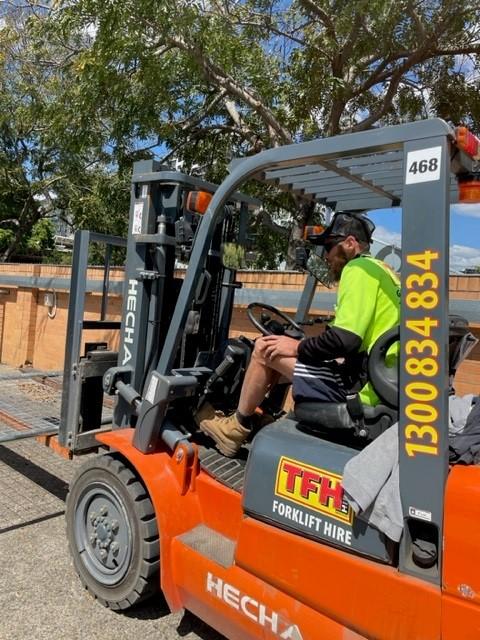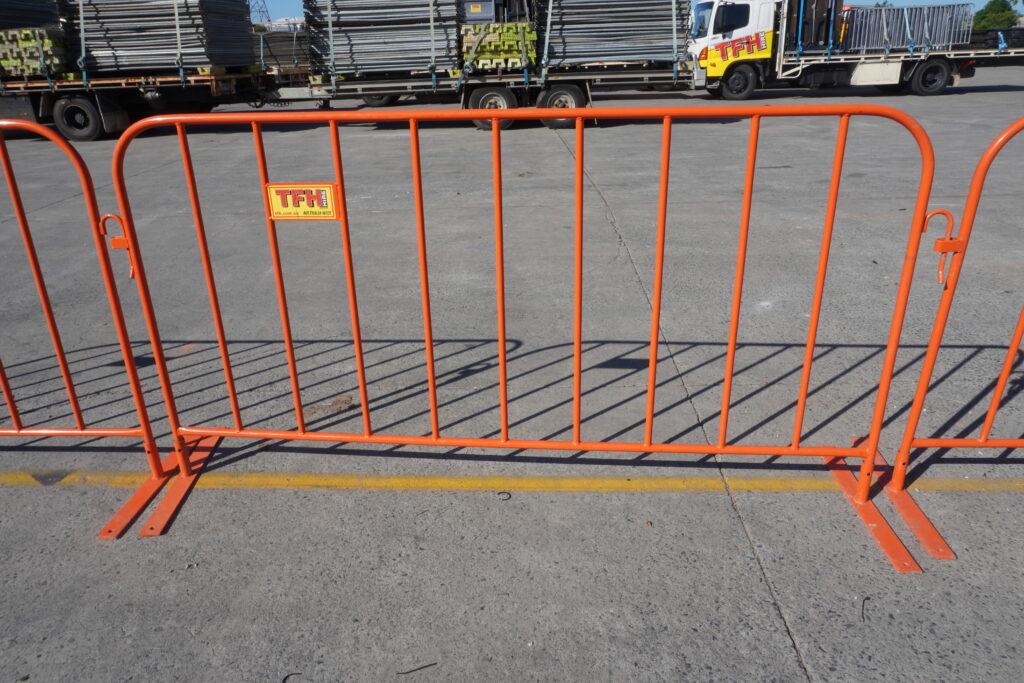How to Choose the Right Temporary Fencing for Your Event


Planning an outdoor event or a sporting event can be a complex task, especially when it comes to ensuring crowd control and security. One essential aspect of this planning involves selecting the right temporary fencing. With various options like temporary fence panels, chain link fences, and crowd control barriers available, making the right choice can significantly impact the success and safety of your event.
Why Temporary Fencing is Crucial for Outdoor and Sporting Events
Temporary fencing is more than just a boundary; it’s a critical component in managing the event area effectively. Whether you’re an event manager handling a music festival, a sporting event, or a community gathering, the correct type of temporary fencing secures designated areas and helps in smooth operation. This guide aims to provide event planners and organisers with valuable insights into selecting the best temporary fencing solutions for their specific events.
Exploring the Different Types of Temporary Fencing
Temporary fencing needs vary based on the event type. Here are the most common types of temporary fencing:
- Chain Link Fences: A favourite among event organisers, chain link fences offer durability and visibility. They are cost-effective and suitable for a wide range of events, from special events in parking lots to large-scale outdoor concerts.
- Panel Fencing: Known for its flexibility and ease of installation, panel fencing is ideal for creating specific areas within an event. These temporary fencing panels are a popular choice for their versatility.
- Crowd Control Barriers: These barriers are specially designed for managing large crowds, ensuring orderly movement and enhancing safety at your event.
- Construction Site Fencing: Hosting an event at a construction site? Specialised construction site fencing is crucial for heightened security and protection.

Key Factors to Consider When Choosing Temporary Fencing
Selecting the right fencing involves several considerations:
- Event Type and Requirements: The nature of your event – be it a concert, sporting event, or fair – dictates your fencing needs.
- Security and Safety: Assess the security level needed. High-profile events may need fencing with enhanced security features to prevent unauthorised access and manage overzealous fans.
- Crowd Size and Control: The expected crowd size influences the amount and type of fencing required.
- Weather Conditions and Terrain: Your chosen fencing should withstand various weather conditions and be suitable for the ground it will be installed on.
- Installation and Cost-Effectiveness: Consider the ease of installation and the fencing’s cost-effectiveness. Balancing your budget with the event’s specific needs is crucial.
Securing Your Temporary Fence: Best Practices
Proper installation and additional security measures are vital for ensuring the safety of your event:
- Ensure Proper Installation: Follow the manufacturer’s guidelines or seek professional help for installing the fencing.
- Controlled Access Points: Use entry and exit points to regulate attendee flow and prevent overcrowding.
- Additional Security Measures: Depending on the event, consider security personnel, surveillance cameras, and extra barriers.
Understanding Temporary Fencing Regulations in NSW
It’s important to be aware of local regulations in New South Wales (NSW) regarding temporary fencing:
- Permits and Safety Standards: Ensure compliance with local permits and safety standards.
- Specific Regulations: Stay informed about any specific regulations related to event fencing and crowd control.
An Example of an Effective Temporary Fence: Chain Link Fencing
Chain link fences are a prime example of an effective temporary fencing solution. They are cost-effective, secure, and versatile, ideal for a variety of event types.
Conclusion
Selecting the right temporary fencing is pivotal for the success of your event. By considering factors like event type, security needs, and weather conditions, and by adhering to local regulations, you can ensure a safe and successful event.







